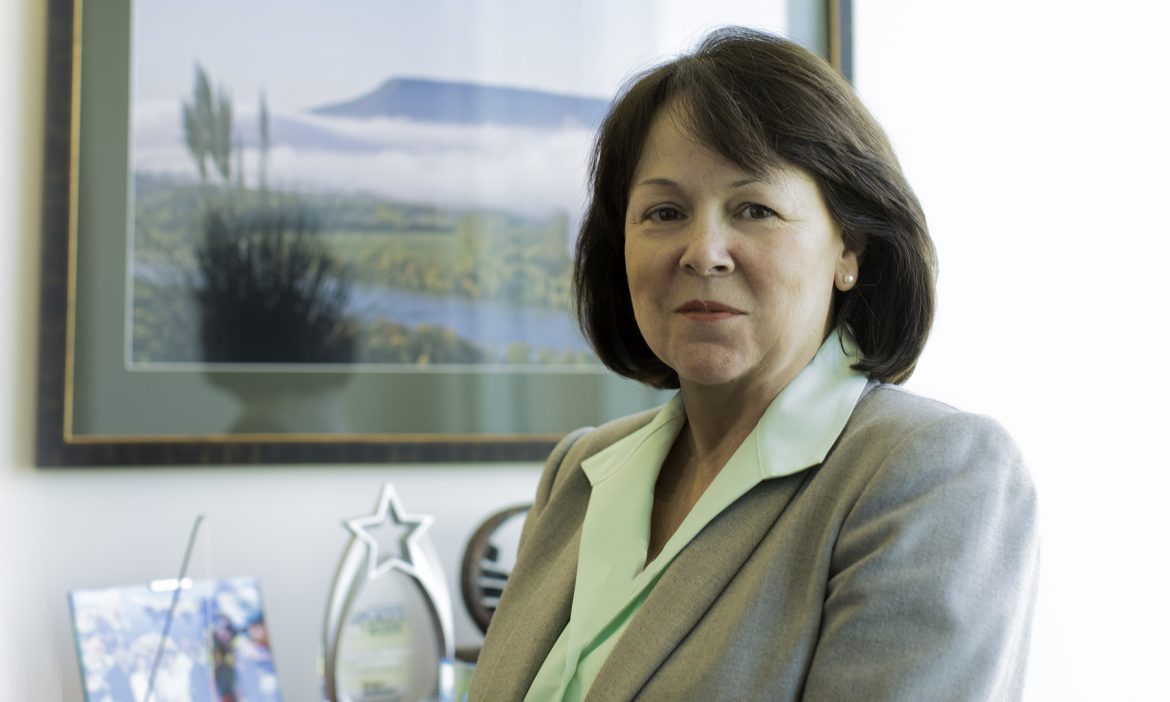Originally published by The Tennessean, April 2018
Wayne Simpson is the last guard preventing a coding error from becoming a frustrating online experience for one of our employees, providers or members. He’s a quality analyst in our information services division who joined the company a little over a year ago.
He’s also a military veteran with physical and emotional disabilities. After serving in Iraq, he returned with foot and back problems that kept him from returning to his skilled labor job with a railroad. And he suffers from combat-induced post-traumatic stress disorder (PTSD) — another potential hurdle to finding and maintaining a fulfilling career.
But today, Wayne is among the 31.2 percent of Tennesseans with disabilities who is employed. That makes him, unfortunately, an unusual success story.
He got his start toward a new life thanks to the federal government, which offered him the opportunity to go back and earn a four-year degree in computer science, along with counseling and career services to help him reintegrate into civilian life.
Though he’s using very different skills in his current role, his military background is still a part of who he is. His supervisor, David Rowe, says Wayne has a service and team-oriented attitude that makes him a valuable asset.
We’re proud to have him on the team at BlueCross, but it didn’t happen by accident.
We connected with him through a special partnership designed to help recruit differently abled employees.
For more than 20 years, we’ve made it a priority to create a workplace culture that is intentionally diverse and inclusive. Doing so means looking beyond the first things people might think of when they hear the word “diversity,” like race and gender.
Don’t misread me; those differences are absolutely important to understand. But it’s also important to ensure we can recruit and meaningfully include people with different physical and intellectual abilities. That brings us closer to a fuller picture of inclusion.
Outside our own workforce, we’ve had the privilege of supporting TennCare in an effort to bring job training and opportunities to residents through their Employment and Community First (ECF) CHOICES program. Time and again, we’ve seen that people who are differently abled want to work and just need a little support from people willing to help.
Wayne, for instance, struggles with insomnia and anxiety because of his PTSD. We worked with him to make it possible to work from home on days when the stress of being in a crowded office might be too much.
Tennesseans with Autism Spectrum Disorders also bring unique strengths and have unique needs.Like so many of us, they want to work and feel like they belong on a team where they can make a difference.
The University of Tennessee at Chattanooga has a program designed to aid students on the spectrum. Called Mosaic, it’s built around four main components, the first of which is a for-credit course. It also offers coaching, peer and professional mentoring, and supervised study hours.
Later this month, Mosaic is holding a reverse career fair where students are the hosts, which makes for a more comfortable setting to show off their skills. It also lets employers, including BlueCross, find students based on their majors.
Now another new program is helping Tennessee students with significant disabilities prepare for their futures at an even earlier age.
Project SEARCH is launching in partnership with the Hamilton County Department of Education this summer to offer internship opportunities for high school students. And thanks to a connection through ECF CHOICES, BlueCross is the first employer in Chattanooga to join their efforts.
These young men and women have a lot to offer our businesses and communities. It’s our responsibility — and gain — to help them succeed.


 Karen provides strategic leadership for all functions of the human resources division, as well as the company’s properties and corporate services division.
Karen provides strategic leadership for all functions of the human resources division, as well as the company’s properties and corporate services division.